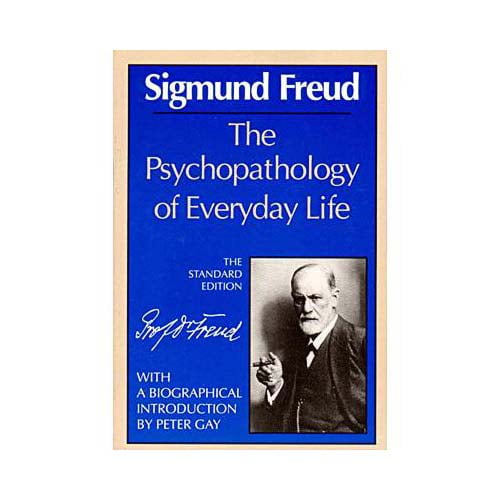


theoretical approaches and influential empirical findings pertaining to psychological distress and wellbeing.


key cross-cultural considerations in the consideration of psychopathology.core theoretical models and empirical findings regarding stigma about mental illness. himself to a study of the patients life he discovered that the hitherto puzzling symptoms had a definite meaning.two competing theoretical and methodological approaches to psychopathology, including a categorical model of classification and diagnosis, and an alternative approach, which conceptualizes phenomena as lying on continua with 'normal' experience residing on one end of the continuum and psychiatric disorder at the opposing end.prominent theoretical models, seminal empirical findings, diagnostic criteria, and non-clinical experiences relating to diverse areas of psychopathology, including but not limited to anxiety disorders, mood disorders, eating disorders, psychotic disorders, dissociative and somatoform disorders, and trauma-related disorders.Brill 3.83 5,690 ratings294 reviews Parapraxes, that is to say, everyday errors such as slips of the tongue, forgetting names and misreadings, had a special fascination for Freud, enabling him to extend to normal mental life the discoveries he had first made in connection with neuroses. theoretical approaches and influential empirical findings pertaining to psychological distress and wellbeing.On completion of this subject students will demonstrate knowledge of: The Psychopathology of Everyday Life Sigmund Freud, A.A.core theoretical models and empirical findings regarding stigma about mental illness.On completion of this subject students will demonstrate knowledge of:


 0 kommentar(er)
0 kommentar(er)
